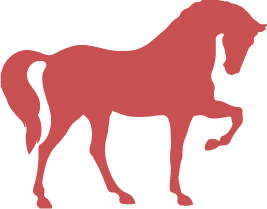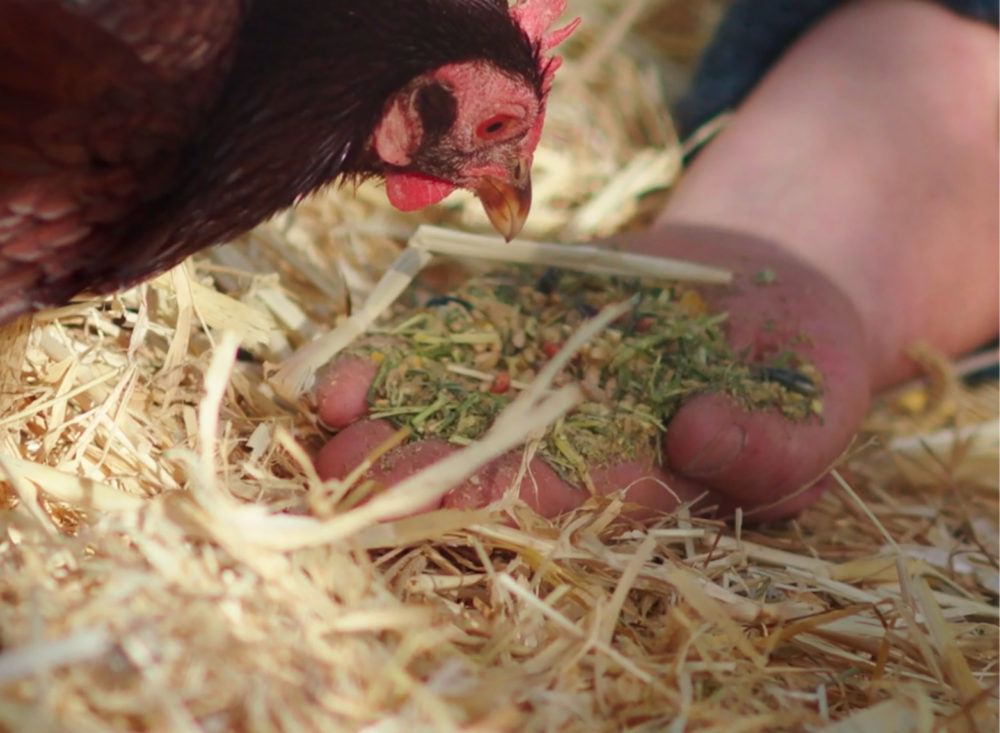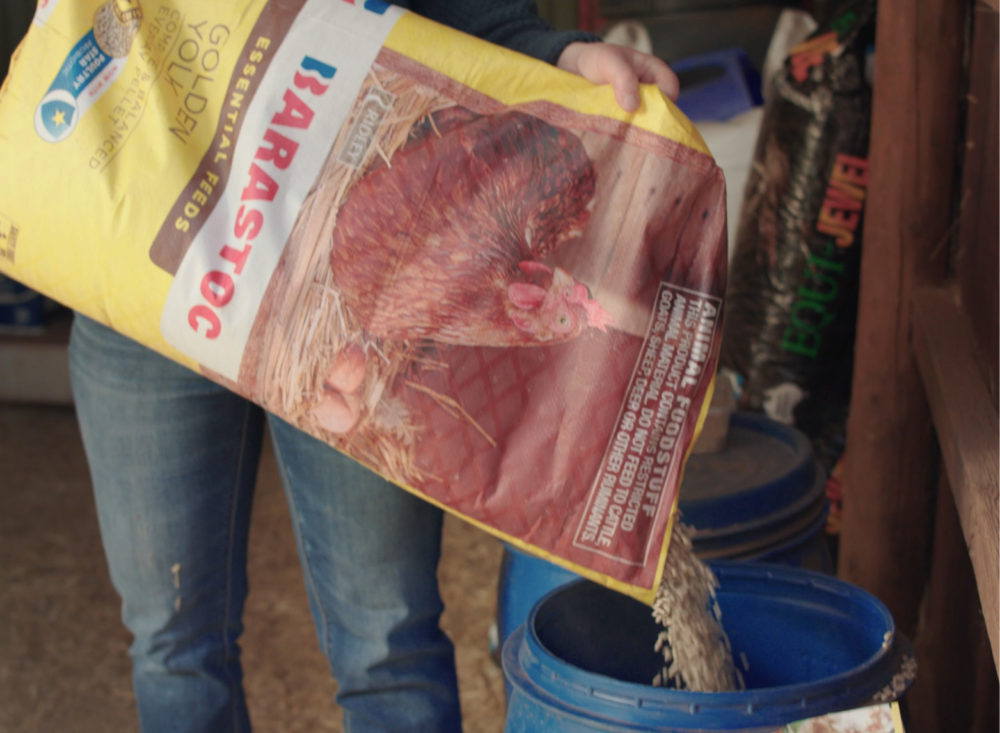POULTRY: SPECIAL OFFERS FROM THE XMAS CATALOGUE
Here are our leading offers for Horses from the Xmas Catalogue. Prices may vary due to freight. Simulates the natural heating from…
Free Delivery when you spend $49 or more. (Weight Limits Apply – view more)
 Dog
Dog

Shop Tuckers great range of dog food, health care & wellness products today. Delivered or Click & Collect.
 Cat
Cat

Tuckers has a great range of cat food, health care & litter products for your beloved cat. Shop now.
 Horse
Horse

Tuckers carry a huge range of food, supplements, health care, hoof care and grooming accessories. Shop now.
 Chook/Bird
Chook/Bird

Tuckers range of food, accessories & health care products will keep your chooks & birds happy and healthy.
 Small Animal
Small Animal

Shop food and health care products for your little mates @ Tuckers. Delivered or Click & Collect.
 Farm/Garden
Farm/Garden

Tuckers carry a wide range of sheep & cattle products, plus everything you’ll need around the farm or garden.
 Dog
Dog

Shop Tuckers great range of dog food, health care & wellness products today. Delivered or Click & Collect.
 Cat
Cat

Tuckers has a great range of cat food, health care & litter products for your beloved cat. Shop now.
 Horse
Horse

Tuckers carry a huge range of food, supplements, health care, hoof care and grooming accessories. Shop now.
 Chook/Bird
Chook/Bird

Tuckers range of food, accessories & health care products will keep your chooks & birds happy and healthy.
 Small Animal
Small Animal

Shop food and health care products for your little mates @ Tuckers. Delivered or Click & Collect.
 Farm/Garden
Farm/Garden

Tuckers carry a wide range of sheep & cattle products, plus everything you’ll need around the farm or garden.
Home / Articles / Chook/Bird / IS YOUR HEN OVERHEATING?

Article courtesy of Barastock Poultry.
How to tell if your chicken has heat stress.
If high temperatures and humidity are too much for your chook, they can suffer from heat stress. But don’t worry, there are a few easy ways you can help them feel more comfortable and happier through the hot summer months.

As it gets hotter, you’ll probably notice your chickens start a range of new behaviours, including panting or dust bathing, which helps them to cool their bodies down. The best ways of keeping your bird comfortable is to make sure they have plenty of access to shade and cool, fresh water; make some nutritional adjustments; and ensure everything they need is within close proximity.
Are you noticing any of these symptoms? Here’s what it may mean and what you could do:
Appetite is severely suppressed when it’s hot, digestion time within body also often slow down.
Solution – Offer a nutrient-dense diet made up of highly digestible ingredients to account for decreased feed intake. Moving from a mash to pellet can often help too.
Production is first thing that goes if the bird is stressed.
Solution – Make sure you have areas of shelter/shade and spots for dust bathing, so your chicken can avoid the heat.
Imbalance occurs in the blood, which results in less calcium being transferred from to the shell gland.
Solution – Offer a balanced diet and make sure your chicken’s electrolyte balance is met. You can also use a feed containing a probiotic, like Barastoc Poultry Golden Yolk, to help maintain gut integrity and eggshell quality.

Production drops or ceases and your bird, in extreme conditions, may begin a partial moult as their body tries to compensate.
Solution – Make sure your chicken has access to clean, fresh water at all times and make sure it doesn’t become too hot. Move the water into the shade and refresh it regularly.
Keep an eye on older or young birds, as they are more vulnerable in the heat.
Solution – Ensure your birds have enough space around feeders and drinkers, and make sure they aren’t fighting over simple things like nesting boxes, etc. Isolate any lethargic birds to avoid bullying.
Destructive behavioural habits can flare up when stress is evident.
Solution – Ensure your birds have enough space around feeders and drinkers, and make sure they aren’t fighting over simple things like nesting boxes, etc.
Isolate any lethargic birds to avoid bullying.
The chicken tries to compensate with a loss/deficiency of body fluids.
Solution – Use electrolytes to restore balance. Frozen fruits and vegetables can also be a great treat.
Entire range - quick and secure delivery
Buy securely online and pickup at your local store
Call your local store and come on down to pickup
© 2024 Tuckers Pet & Produce.
